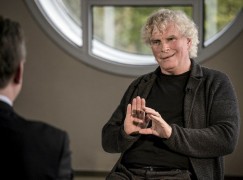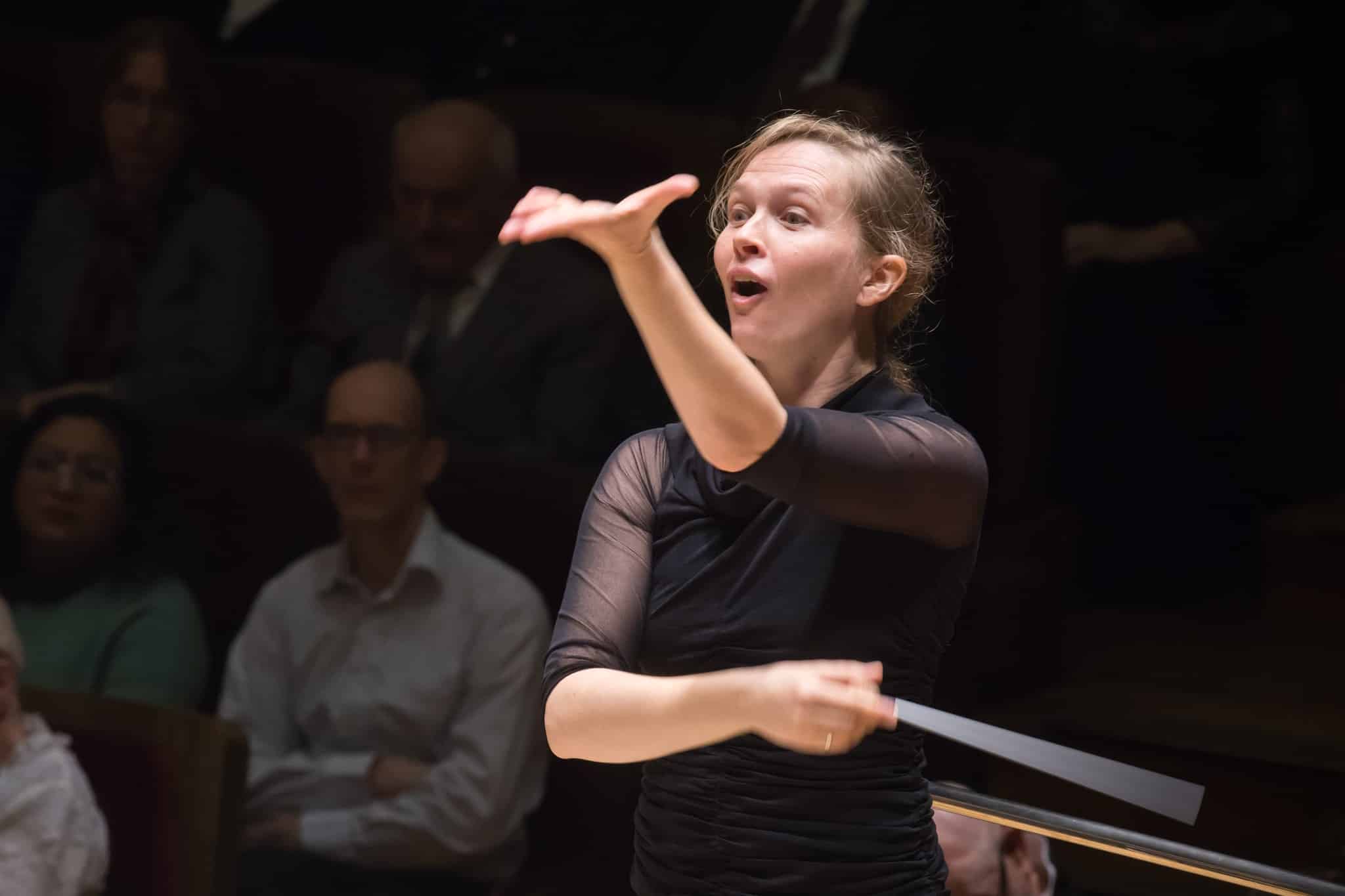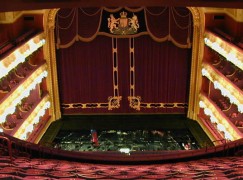Rattlesceptics vs Rattlesnakes
mainEver since Simon Rattle took up the baton in Berlin at the turn of the century, a Praetorian Guard formed around him. At the first hint of sceptical opinion, these self-appointed defenders went into attack mode, lashing out at errant critics and generally drumming up a state of tension around the conductor’s easygoing personality.
Known as Rattlesnakes, led by a member of the Berlin Phil brass section and an English sports journalist, they may have done more harm than good to their man by making reasoned discussion of his activities well-nigh impossible. In their eyes, the world was either pro-Rattle or anti.
No other conductor has such a guard. Neither Gergiev, with his dubious political affinities, not Thielemann, with his even more questional political opinions, has a rapid-response unit to fight their critics. Both Gergiev and Thielemann – and their supporters – are content to let their work speak for itself. Why Rattle has attracted such defenders is a mystery.
Now some of these voices have been raised again to counter the occasional quizzical eyebrow that has risen at Rattle’ds accession to the London Symphony Orchestra. No one, least of all this writer, is in any doubt that the appointment has been overwhelmingly welcomed, by the players, the media and the British music establishment.
All the more reason, then, to pierce the curtain of hagiolatry with an alternative opinion. The discussion is good for the orchestra, good for music and ultimately good for Rattle himself. As one of the sceptics, this writer is fully aware of Rattle’s achievements and has published a balanced appreciation elsewhere. We at Slipped Disc very much hope that his tenure with the LSO will yield a new concert hall and great success for the orchestra. But not to warn of possible pitfalls ahead would be a denigration of our duty and a denial of democracy. Let the Rattlesnakes hiss and strike. The sceptics must be heard.






Comments